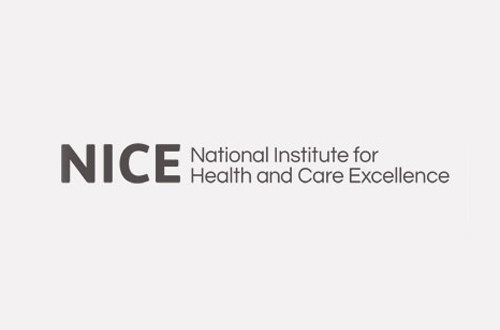
NICE is set to not recommend a trio of drugs for the treatment of the chronic bowel condition ulcerative colitis.
In draft guidance the Institute says Merck Sharpe & Dohme’s (MSD) Remicade (Infliximab) and Simponi (golimumab), and AbbVie’s Humira adalimumab) have not been proven to be more cost effective than current available treatments.
This is despite MSD agreeing a patient access scheme with the Department of Health to make a 100 mg dose of Simponi (which costs £1,525.94) available to the NHS at the same cost as the 50 mg dose (£762.97).
Including the patient access scheme and assuming the recommended dosage is followed, the cost of Simponi induction therapy is £2,289 and its monthly cost for maintenance therapy is £763.
Meanwhile, the cost of Remicade induction therapy at its recommended dose is £5,035 and the monthly cost of maintenance therapy is £210 and induction therapy with Humira costs £2,113 and it has a monthly cost for maintenance therapy of £704.
Carole Longson, NICE health technology evaluation centre director, said that now the draft guidance is open for consultation NICE would welcome more information from the drugs’ manufacturers “which could potentially enable NICE to make more positive recommendations”.
Remicade, Humira, and Simponiare all licensed for moderate to severely active ulcerative colitis in adults who have had an inadequate response to conventional therapy or are unable to take such treatments. Remicade is also licensed to treat children and adolescents aged 6-17 years.
An estimated 146,000 people in the UK live with the chronic condition, in which the large intestine becomes inflamed. Symptoms vary but can include bloody diarrhoea, abdominal pain, weight loss, fatigue and an urgent need to go to the lavatory.
The condition can be sporadic but it is thought that 50% of sufferers will relapse at least once a year. It can develop at any age but the most common age range is between 15 and 25 years old.
Final guidance on the use of the three drugs is expected to be published in January 2015. Until then, NHS bodies will make decisions locally on the funding of specific treatments.




